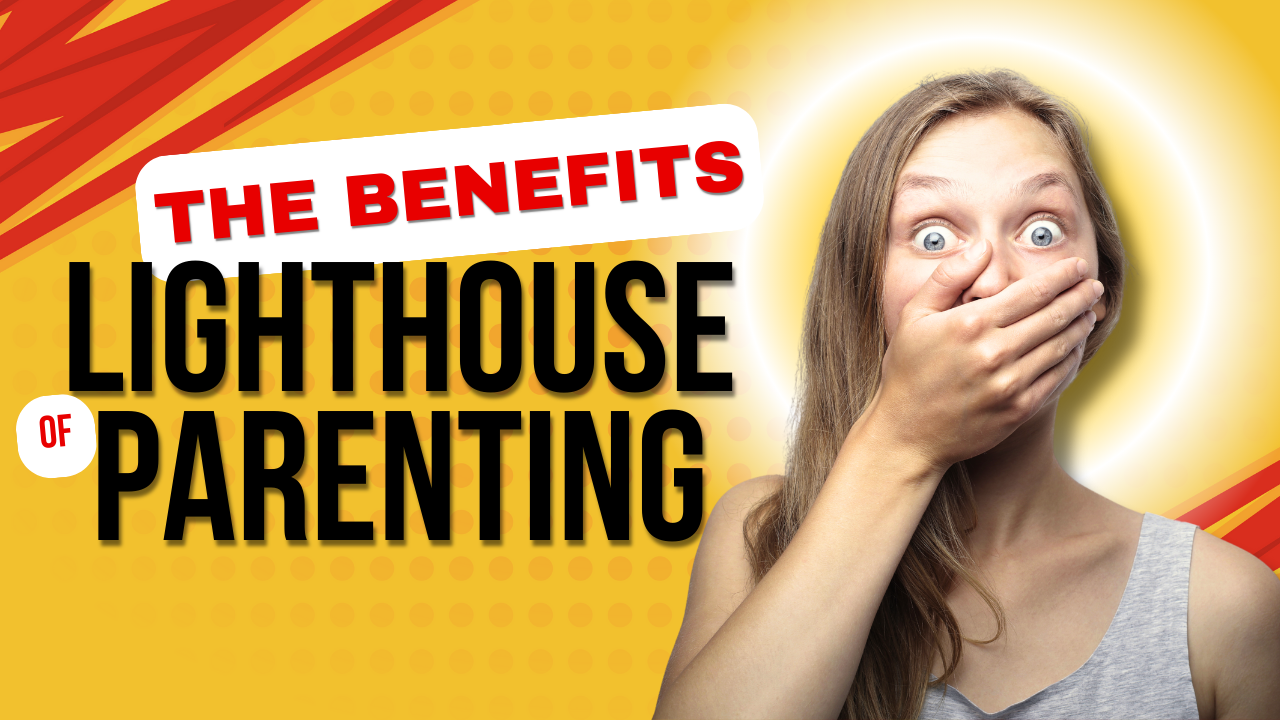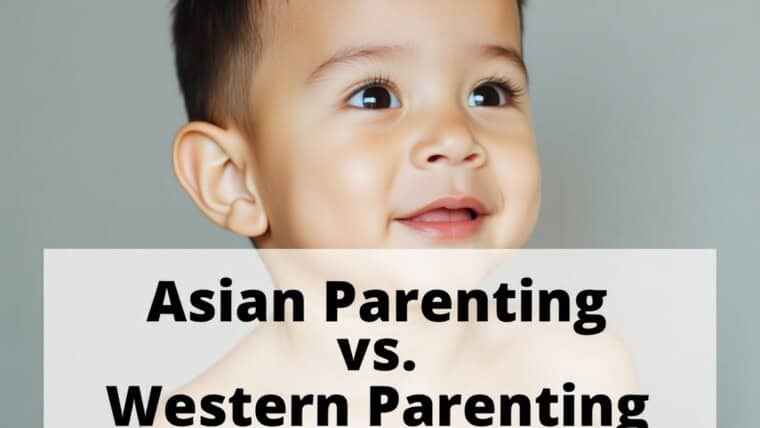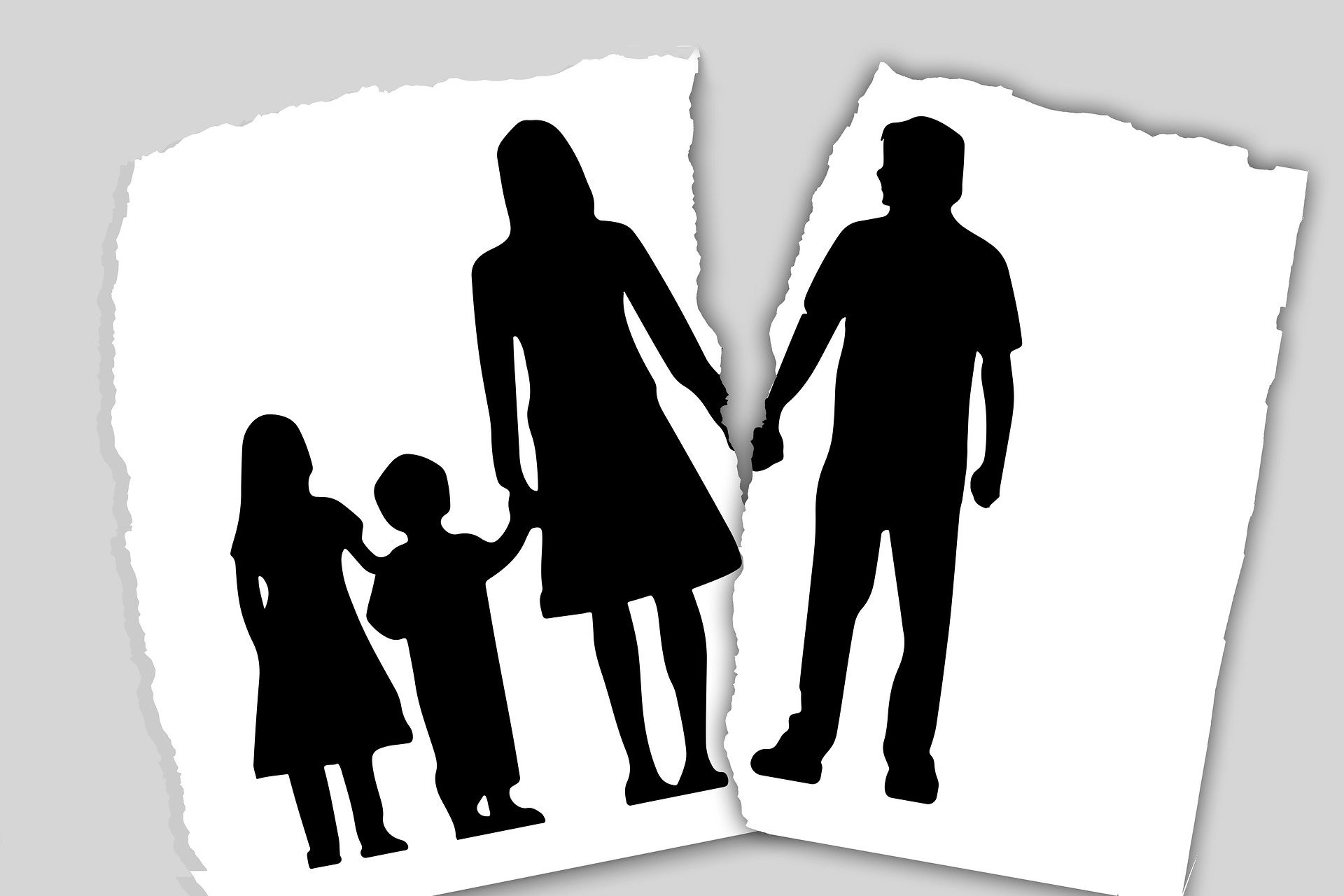The responsibilities of parenting represent a challenging job, which also brings immense rewards. The behaviors of some parents unintentionally damage the development of their children. Awareness about destructive behaviors begins the process of positive transformation.
Recognition of red flags in motherhood enables you to start developing a better maternal environment for your child. The following points showcase important warning signals backed by practical situations related to these cases.
When Your Child Feels Invisible
Children thrive on emotional connection. A child requires love and somebody to observe them and acknowledge their existence. Children whose mothers fail to connect emotionally might start feeling unimportant and invisible to the people around them. When Samantha shows her strength with an A in math class, her mother breaks down the moment by sending her straight to clean her room.
The absence of recognition from others makes Samantha believe that her achievements fail to matter. People often miss little acts of connection, which can later create emotional neglect in children because they are unintentionally ignored. People who experience emotional neglect frequently end up exhibiting more dangerous behavioral patterns.
Words Can Hurt More Than You Think
Emotional neglect stands as harm to a child, but words may inflict damage that exceeds emotional neglect. The combination of psychological and verbal abuse leads to critical destruction of children’s self-esteem and emotional health. When Mark fails to score his simple soccer shot, his mother uses unkind words by saying, “You’re completely useless at this!” How could you miss that? You’ll never be good enough.”
A child’s confidence steadily deteriorates when they are exposed to such words. A mother who always compares her child to other children by saying, “Your sister gets better grades than you,” creates negative emotional effects. Such comparisons make children feel not good enough. Emotional wounds resulting from negative maternal words linger much longer than any physical harm recovered from.
When Boundaries Become Confusing
Parents should exercise discipline in their role, yet inconsistent or harsh discipline methods lead children to experience confusion along with fear. Lucy’s mother told her one day that she should watch television before 7 PM; yet she allowed her to stay up the following evening without any penalty. The lack of stability between the rules she receives from her mother leaves Lucy uncertain about her behavioral expectations.
Children who experience unjust treatment when they make minor mistakes, such as spilling a drink, will likely feel mistreated. Reviewable boundaries, together with a learning-focused environment, give way to unrecognizable fear and confusion. Unclarified rules create confusion about right and wrong behavior, which results in poor child conduct during their attempt to understand their surroundings.
When Basic Needs Are Overlooked
The neglect of essential physical requirements causes the same degree of harm to children’s wellness as does emotional or verbal mistreatment. The health, together with the safety status, of children is required to be paramount at all times. Emma would be forced to attend school wearing filthy clothes because her mother does not wash laundry due to her long period of neglect, while skipping her morning meal.
Such a type of disregard makes children feel uneasy and creates self-consciousness, which causes discomfort throughout their school day. Physical neglect embraces more than hygiene care since it involves providing children with proper medical attention and sufficient food while ensuring proper rest.
Consistent failure to support basic needs shows there is a major problem at hand. When a mother fails to meet these basic needs, she establishes conditions that later cause both emotional and physical damage to her child.
When a Mother Does Too Much or Too Little
Maintaining equilibrium in child-rearing activities proves vital for every parent. Children need a proper level of control to achieve proper development, but an excessive amount of control will prevent their growth, and insufficient control leads to disorganized behavior. Lily faces total parental control because her mother dictates everything she eats and the people she interacts with, which denies her space to establish independence.
The issue frustrates Lily because she desires the chance to select her actions. Every demand Jake makes to his mother finds a positive response, regardless of whether he asks for late activities, additional snack choices, or new items. Jake’s mother grants him admission to everything, which results in his failure to learn how to self-regulate and take responsibility for his behavior.
The inability to make decisions independently results when parents choose either excessive discipline or excessive leniency, so children do not learn essential life skills.
When a Mother Cannot Care for Herself
Occasional motherly struggles involving substance abuse or mental illness must be recognized as legitimate causes for limited care. Threats exist that make it almost impossible to provide proper care for children. Sarah’s mother drinks heavily each night and skips school activities, along with parent gatherings, which causes her daughter to take care of herself.
Tom experiences feelings of being neglected by his mother when she does not get out of bed due to her depression. A mother who deals with substance abuse or mental health problems loses her capacity to provide proper emotional and physical care for her child.
Under these circumstances, mothers must actively look for help since it benefits their general health and, most importantly, safeguards their children’s welfare.
When a Child is Stifled
Each young person requires space to discover things independently while doing things incorrectly on their way toward becoming themselves. Children develop a feeling of helplessness through a lack of encouragement for independence from their mothers. The excessive maternal protection of Mia prohibits her from biking to the park because her mother constantly worries about falls.
Mia faces resentment because her mother denies her basic independence, which would allow her to encounter new opportunities. When mothers choose all the choices or select the clothes for their children, it prevents their children from developing their ability to handle life independently. Children develop insecurity because they lack independence, which prevents their solo decision-making.
Final Thoughts: It’s Not About Perfection, It’s About Growth
Everyone who becomes a parent undertakes a lifelong learning adventure that involves imperfections. All mothers make errors during parenting, yet identifying unhelpful choices leads to improvements in their behaviors. Physical and emotional problems caused by emotional neglect, verbal abuse, inconsistent discipline, physical care abandonment, over-controlling parents, substance abuse, and independence suppression will permanently affect a child’s development.
Addressing these behaviors will establish a better environment, which benefits mothers and their children. Approaching childhood development with perfectionist tendencies is unnecessary because growth represents the main objective. Through ongoing learning and adaptation, parents can constantly improve their bond with their child, since it is never too late to implement beneficial changes in parenting practices.
Keeping track of relationship indicators enables you to begin building a healthier bond based on love with your partner.








10 Daily Habits to Manage Stress and Anxiety
Delicious Vegan Recipes for Every Meal: Easy and Healthy Ideas for 2025
Struggling to Start? Small Retail Business Ideas
How to Talk to Your Partner About Lack of Intimacy
Unbelievable Top 10 Health Benefits of Papaya
Parallel Parenting: A Practical Guide to Effective Co-Parenting in 2025
Struggling to Start? Small Retail Business Ideas
Why Home Based Selling Products Are the Future of E-Commerce